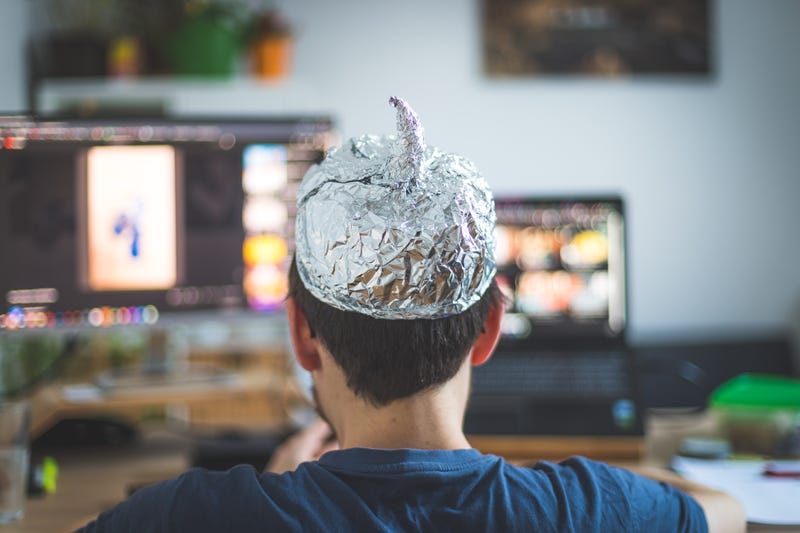
From Elvis being alive to the moon landing being faked, there are countless conspiracy theories that float around our culture. Some of them are very extreme -- so why do people believe these things?
Washington University English professor Michael O'Bryan has studied the topic of conspiracy theories, and he told KMOX that one of the things that causes people to believe these things is called the "margin model."
"The margin model supposes that conspiracy theories are made by people who live in the margins of what they perceive as the 'social mainstream,'" O'Bryan said. Those on the margins, he said, need their own explanations for social phenomena.
The other model he pointed to is called the "loser model," a term coined by political scientist Joseph Uscinki, which says that communities who've gone through a public defeat need an explanation that protects their self-worth.
But O'Bryan said he doesn't necessarily believe either of those models are applicable today, with the extreme widespread nature of conspiracy theories.

"When one half of Americans believe in a conspiracy theory, it's not a phenomenon of the margins. And given how common those theories are, they're being espoused by people who not only aren't losers, but a lot of times, they're winners," he said.
O'Bryan said what makes most sense now is the "denial model." He said it occurs when a person who holds strong personal beliefs or ideologies is confronted with new evidence challenging their beliefs. He explained that adjusting to a new system of beliefs is rigorous and challenging, and human minds are very good at rationalizing against new evidence in favor of what they already believe to be true.
An example he pointed to is the 2016 election.
"Trump, in the 2016 election, he won. But for him, he needs to be the president who won bigger than any other president in history," he said. "And so if there's voter fraud, then he can sort of explain away that he had the the narrow margin, the popular vote loss."
He also pointed to people who are gun rights advocates who believe mass shootings are fabricated events.
"If you're an absolutist about gun ownership, then it turns out that every new and horrifying mass shooting evidence is a potential counter argument that your worldview isn't working out as public policy," he said. "But if you decide to believe that all mass shootings are staged by crisis actors, because the cabal is trying to impose gun control on the world, then you can still maintain the validity of your own belief system."
He said that mainstream media has also had an effect. With content in specific silos, people can have their beliefs confirmed and unquestioned.
Listen to the full conspiracy conversation from Total Information AM:
